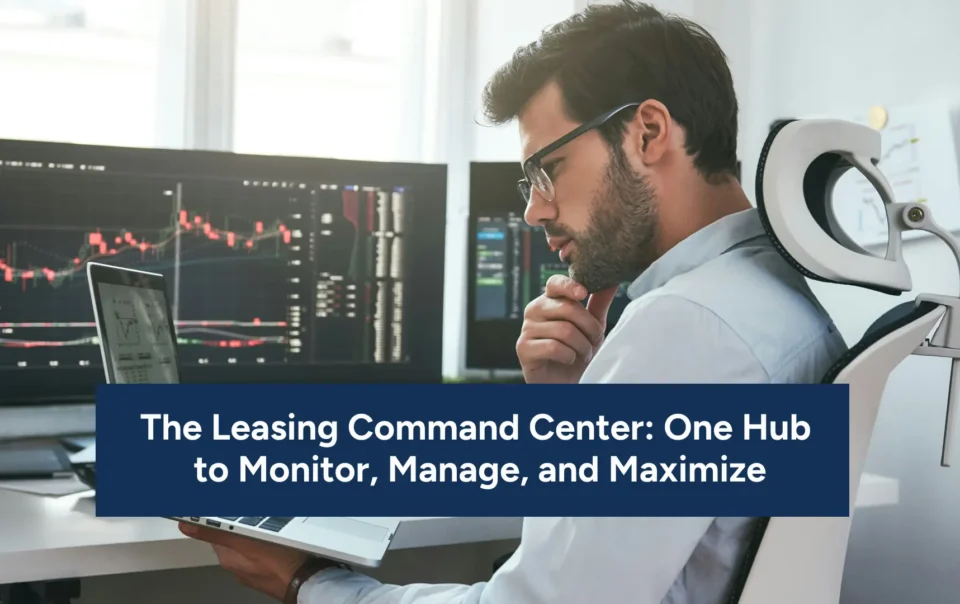In a fast-moving business environment, access to the right equipment can spell the difference between stagnation and growth. Whether a fleet of delivery vans or heavy construction machinery, businesses across industries depend on capital equipment to perform their core functions
Articles
Introduction: Why Leasing Needs a Real-Time Shift The leasing world is moving fast. Whether tracking asset utilization, monitoring delinquencies, or reviewing lease profitability, lessors can no longer afford to wait weeks or days for monthly reports. Decisions now need to
Introduction Over the years, there has been increasing complexity in managing vehicle and equipment leases. With the increasingly diversified operations on the global front, tighter compliance regulations, and the large bulk of data to crunch, this has turned out to
Introduction Manual Lease Accounting No Longer Cuts It The shift to ASC 842 and IFRS 16 recreated the process equipment and vehicle lessors accounts for leases. Attempting to manage these areas manually, especially using spreadsheets, puts lessors at risk. Long
Introduction While sending invoices does seem simple enough, many lessors struggle. Spreadsheets can help organize information, but spreadsheets are unsuitable for automated lease invoicing. Manually handling lease terms, due dates, and lease payment tracking can lead to errors and friction.
Introduction For lessors, it’s not just about offering the best lease rates, rather, it’s about creating seamless and reliable experiences from start to finish. Unfortunately, during regular lease management, inefficiencies are introduced that frustrate customers and drive up churn. Equipment
Introduction Lease management is one of the essential components of the leasing industry. However, several companies deal with inefficiencies that slow down their operations. Using manual processes, keeping track of things, and following rules can create bottlenecks, which in turn
Introduction: A New Way to Pay The digital economy has reshaped how consumers shop, budget, and manage their finances. Amidst this evolution, one payment method has risen spectacularly across e-commerce platforms, point-of-sale terminals, and mobile applications: Buy Now, Pay Later
Introduction Access to the right equipment or fleet is essential for businesses across nearly every sector. Whether it’s a construction company requiring excavators, a logistics provider building out its vehicle fleet, a manufacturer upgrading machinery, or a small business adding
Introduction: A Changing Automotive Landscape The global automotive landscape is experiencing its most profound transformation in decades, driven by the accelerating shift toward electric mobility. What started as a push for cleaner energy has evolved into a sweeping technological and

Industry Associations
We're Here to Help!
Reach our dedicated support team
at info@athenafintech.com or +1 650 701 7703.
Questions or assistance?
We’ve got you covered.
Athena Fintech Inc.
HQ: California, USA
Tech Center: India
Athena Fintech Inc.
HQ: California, USA
Tech Center: India












